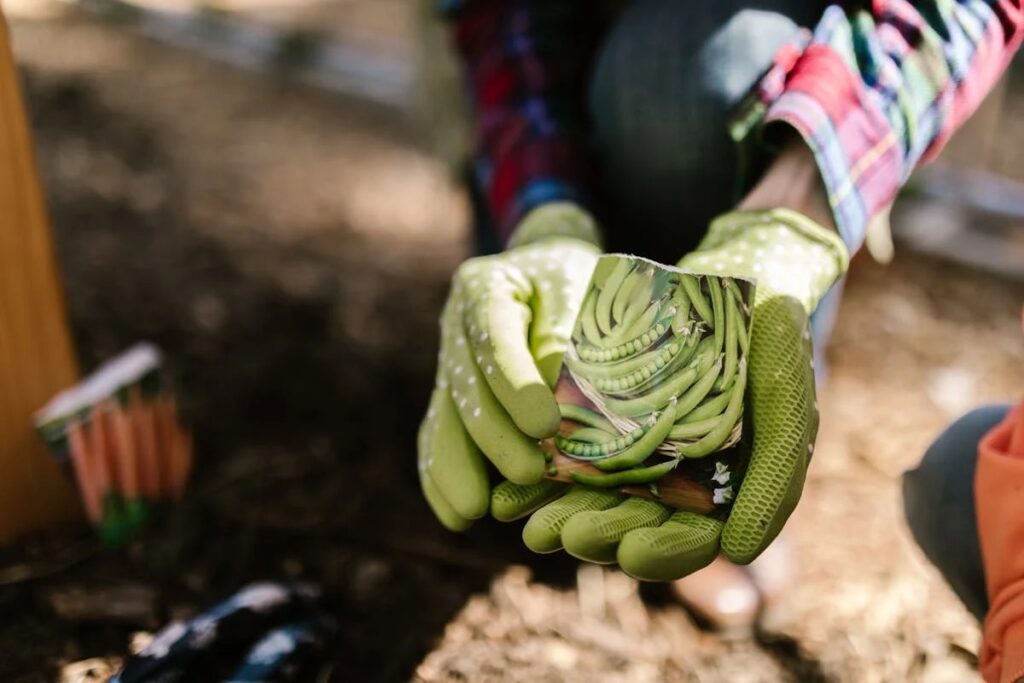This week, we participated in an EdCamp, a user-generated conference often called an “unconference.” Unlike traditional professional development, EdCamps are free, open to all, and entirely participant-driven. Anyone can propose a topic, and you don’t need to be an expert—just passionate about an idea. A key feature is the “Rule of Two Feet”, which encourages participants to move freely between discussions that interest them, making the experience informal, flexible, and engaging.
In my small group, we explored the idea of creating a classroom garden. We discussed easy-to-grow plants that students could take home, mushroom-growing kits to observe mycelium in action, and the importance of making it truly student-centered. Instead of relying on parents to do the work, students would take ownership, learning through hands-on experiences.


We also considered funding options like grants and volunteers and how a class garden could be deeply cross-curricular, integrating science, art, and Indigenous education. Even in classrooms without outdoor space, indoor plants could provide similar benefits, including improving mental well-being.
After doing some research I found a really cool resource called “Farm to School BC”. Farm to School BC is a program that supports schools in British Columbia in integrating healthy, local, and sustainable food systems into their communities. The website provides resources on school gardens, local food procurement, farm connections, and food literacy education to help educators and students engage with fresh, locally grown food. Key features include guides for starting school gardens, lesson plans, funding opportunities, and community partnerships to promote hands-on learning and food sustainability. The program emphasizes student engagement, Indigenous food knowledge, and environmental stewardship, encouraging schools to create meaningful connections between food, learning, and community well-being.
